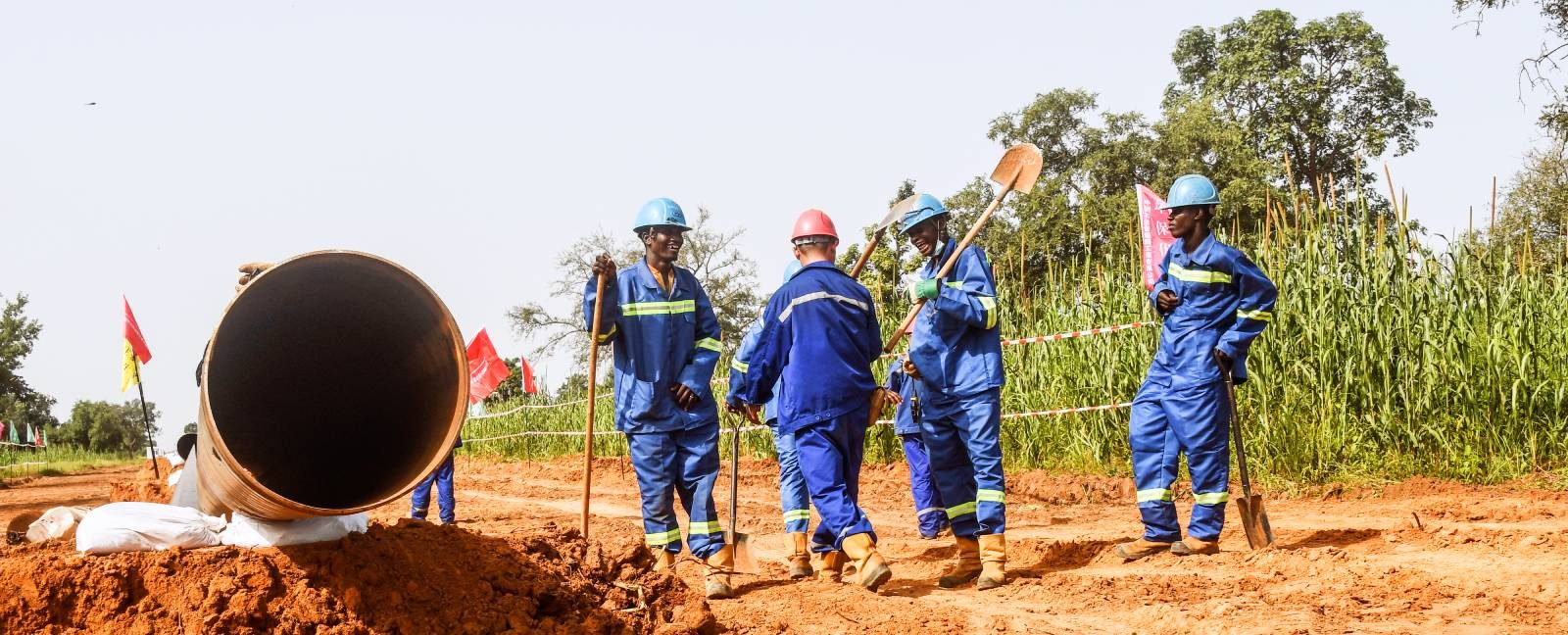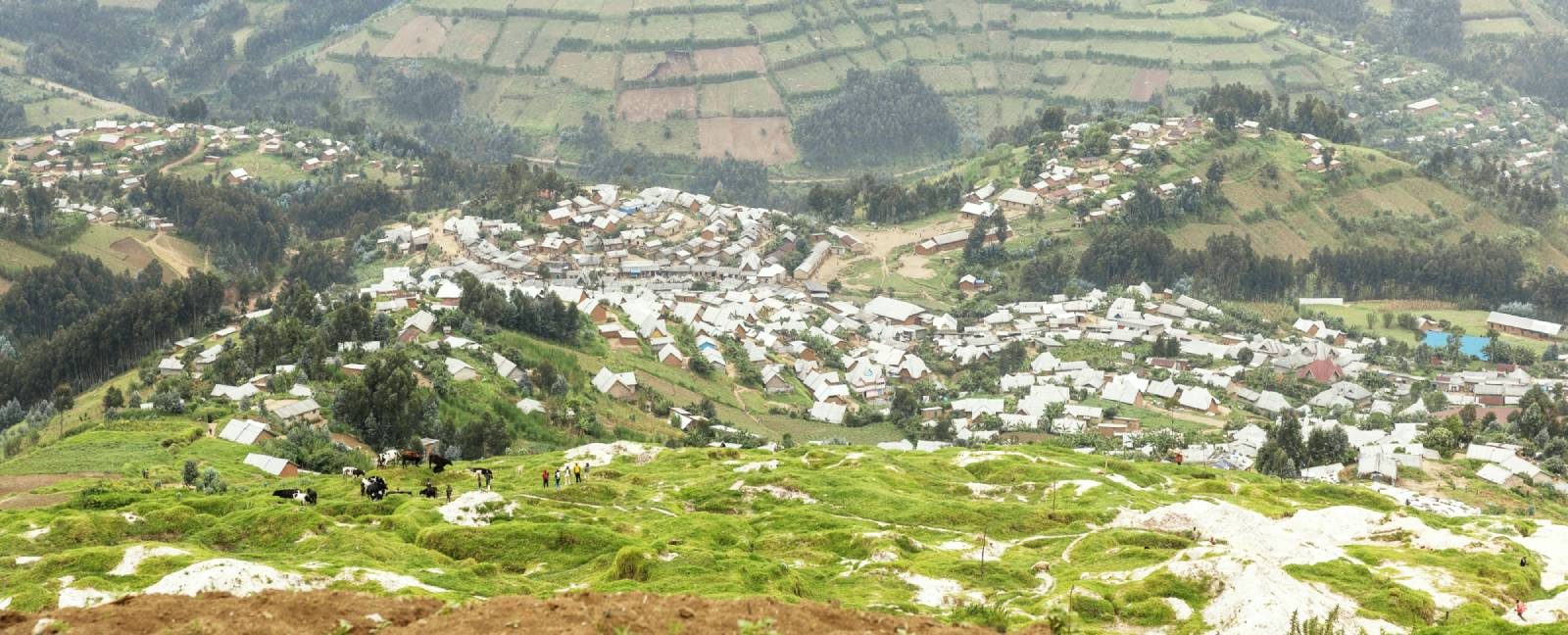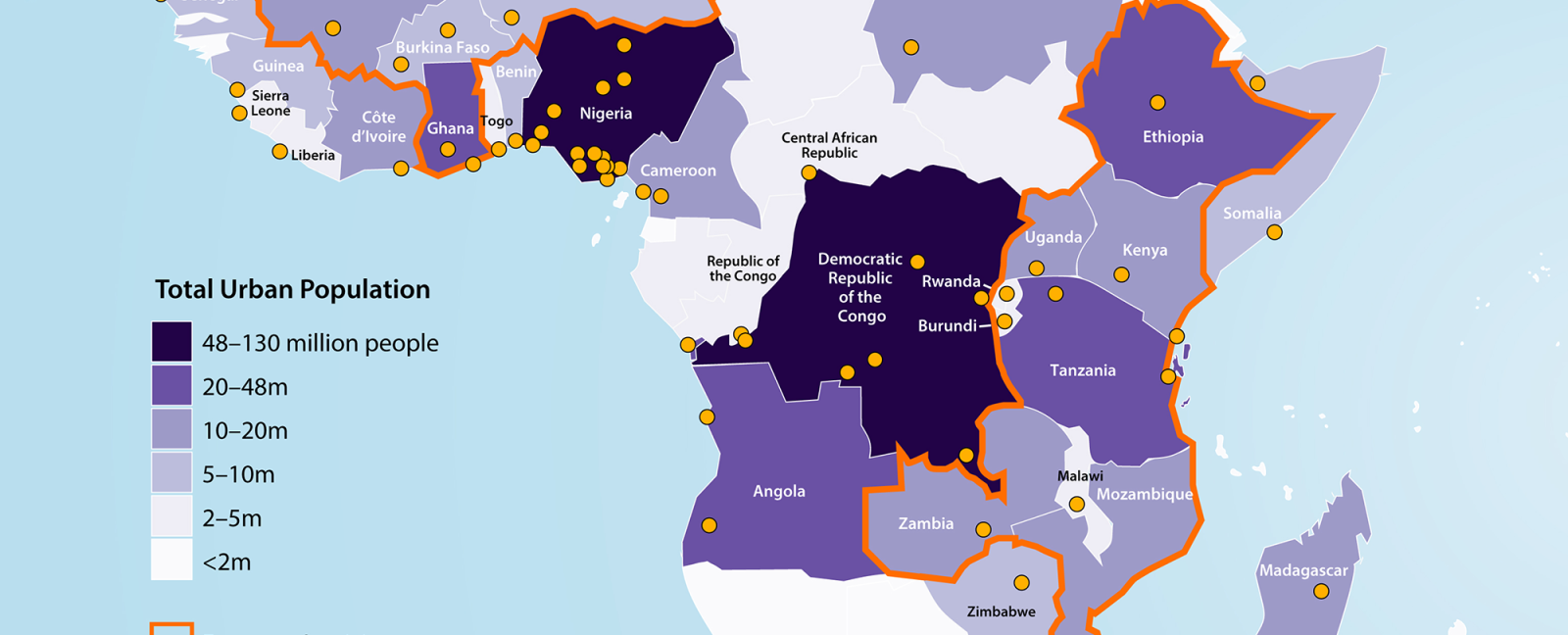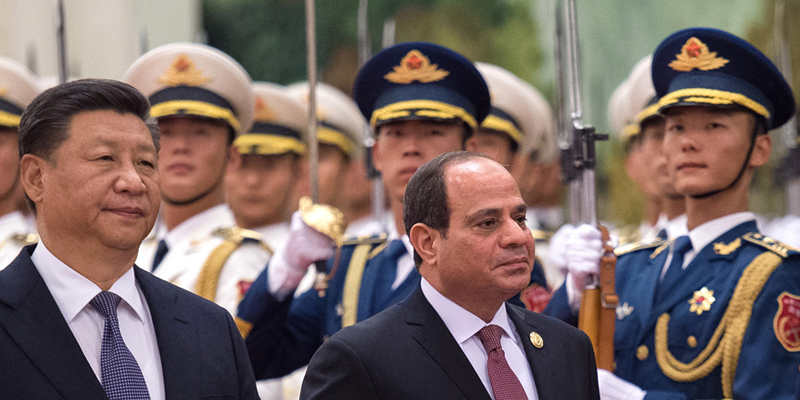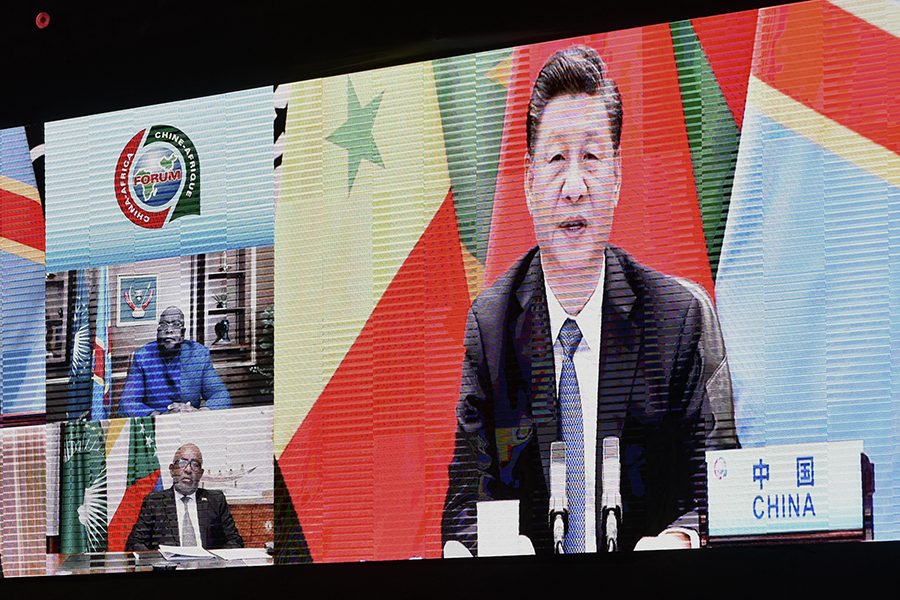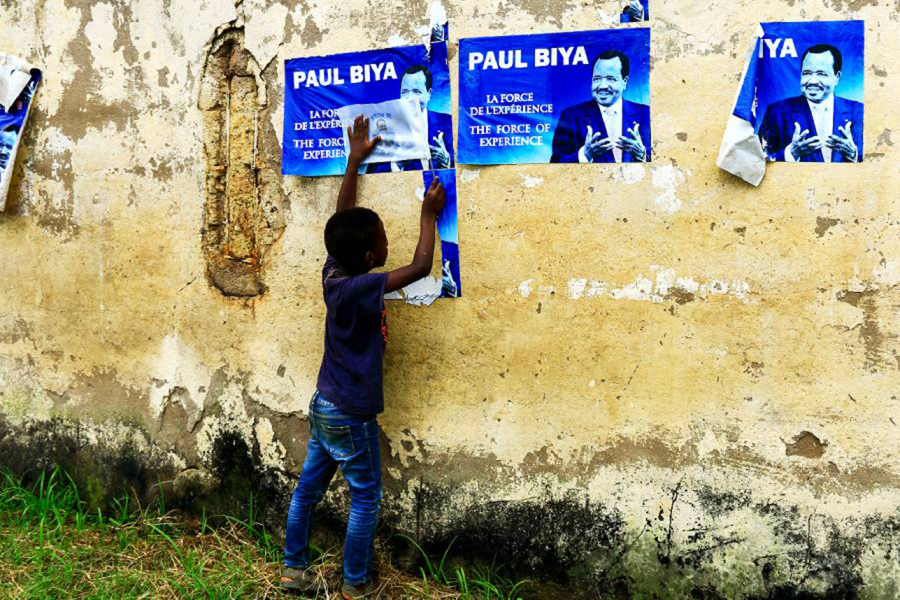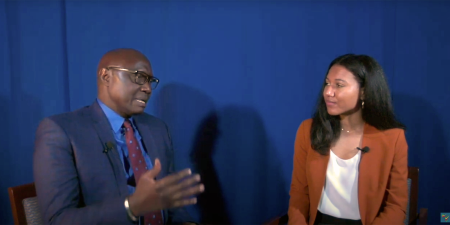Expanding Al Shabaab–Houthi Ties Escalate Security Threats to Red Sea Region
Growing collaboration between al Shabaab and the Houthis is enabling both militant groups and contributing to heightened maritime and land-based threats on both sides of the Gulf of Aden.
China Widening Its Influence in Africa through Expanded Security Engagements
China’s expanding security engagements in Africa are part of Beijing’s geostrategic aims to advance its global security posture.
Recalibrating Coastal West Africa’s Response to Violent Extremism
Coastal West African countries can strengthen resiliency to the threat of violent extremism by enhancing a multilayered response addressing local, national, and regional priorities.
Africa’s 2025 Elections: A Test of Credibility to Uphold Democratic Norms
Democratic progress will require policymakers and journalists to recognize and prize genuine processes of democratic participation within Africa’s wide ranging 2025 electoral line up.
Topic in Focus: Foreign Information Manipulation and Interference
Disinformation campaigns seeking to manipulate African information systems have surged nearly fourfold since 2022, triggering destabilizing and antidemocratic consequences.
General Birame Diop assesses the challenging trends facing UN peacekeeping operations in Africa, including loss of host country support, disinformation, and increasingly brazen violent nonstate actors.

